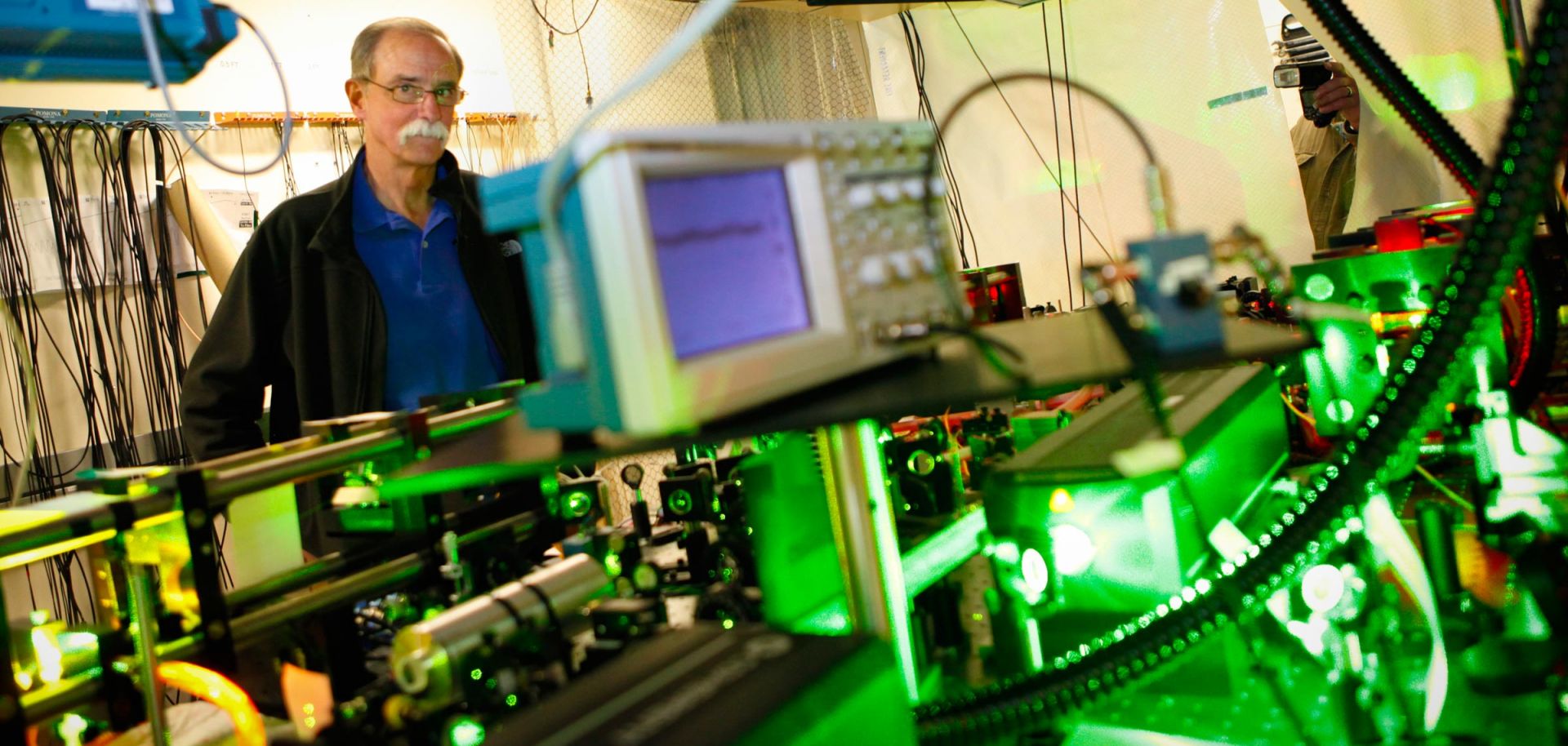ASSESSMENTS
Changing the Scientific Climate in the United States
Apr 22, 2017 | 13:08 GMT

(Dana Romanoff/Getty Images)
Summary
If knowledge is power, then ignorance is no less formidable, especially where technological innovation is concerned. The success of research and development initiatives depends in part on social acceptance, which in turn, relies on the public's understanding — of technology, the research behind it and the underlying scientific method. By the same token, misinformation or simple miscomprehension can undermine research and development. Take the anti-vaccination movement, for instance, a campaign based on data that has since been disproved or retracted. Through the power of misinformation, Europe and the United States experienced outbreaks of vaccine-preventable illnesses such as measles and whooping cough over the last year.
To promote acceptance and combat misunderstanding, scientists and researchers must be able to clearly communicate complicated scientific and technical information in a comprehensible manner. Regulatory flexibility and proactive policy — two additional factors that help determine a country's competitiveness in innovation and technology — likewise require effective communication from the scientific community. Like any other, the science and technology sector is vulnerable to shifts in government policy and funding priorities. But if politicians don't understand the research, how can they make informed decisions about it? On April 22, participants in the March for Science will try to tackle this problem together, raising awareness about research practices and the scientific method with an eye to demystifying another controversial issue: climate science.
Subscribe Now
SubscribeAlready have an account?
